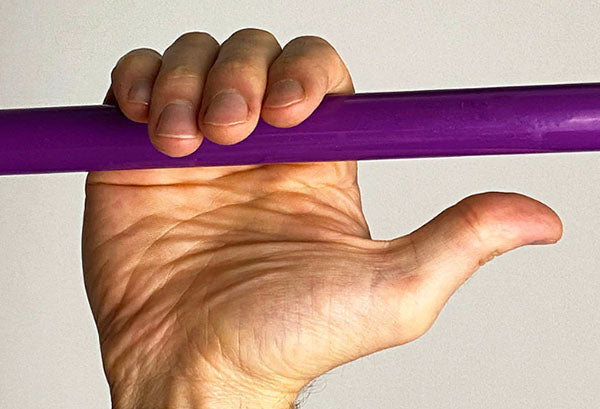Hand grip weakness is a debilitating condition that affects millions of individuals worldwide. This article delves into the various aspects of hand grip weakness, shedding light on its underlying causes, methods of diagnosis, and exploring effective solutions to alleviate its impact on daily life.

Understanding Hand Grip Weakness
Hand grip weakness refers to a reduced ability to grip or hold objects firmly, resulting in difficulties performing routine tasks such as writing, lifting, and grasping. It can be a symptom of various medical conditions or a consequence of lifestyle factors.
Causes of Hand Grip Weakness
a. Neurological Conditions: Conditions like carpal tunnel syndrome, multiple sclerosis, and peripheral neuropathy can lead to nerve damage, affecting the strength and coordination of hand muscles.
b. Musculoskeletal Disorders: Arthritis, tendinitis, and repetitive strain injuries can weaken the muscles and joints responsible for gripping.
c. Traumatic Injuries: Accidents or injuries to the hand, wrist, or forearm may damage nerves, tendons, or muscles, leading to grip weakness.
d. Systemic Diseases: Certain systemic conditions, such as diabetes or vitamin deficiencies, may also contribute to hand grip weakness.
Diagnosis and Medical Evaluation
Diagnosing hand grip weakness requires a comprehensive medical evaluation. Physicians may conduct physical examinations, nerve conduction studies, electromyography, and imaging tests to pinpoint the root cause of the weakness.
Lifestyle and Occupational Factors
Certain lifestyle habits and occupational choices can exacerbate hand grip weakness. Repetitive hand motions, poor ergonomics, and lack of hand-strengthening exercises can contribute to the problem.
Rehabilitation and Hand Strengthening Exercises
Physical therapy and hand-strengthening exercises play a vital role in managing hand grip weakness. Therapists may recommend grip training, hand exercises, and assistive devices to improve grip strength and restore functionality.
Medications and Therapeutic Interventions
In some cases, medications may be prescribed to manage underlying conditions causing hand grip weakness. Additionally, therapeutic interventions, such as ultrasound therapy or splinting, can be beneficial in certain cases.
Surgical Options
For severe cases of hand grip weakness due to nerve compression or injuries, surgical interventions like carpal tunnel release or nerve repair may be considered.
Assistive Devices and Adaptive Strategies
Individuals with chronic hand grip weakness can benefit from using assistive devices, such as grip aids, ergonomic tools, or adaptive utensils, to maintain independence in daily activities.
Hand grip weakness can significantly impact an individual's quality of life, hindering their ability to perform essential tasks. Early diagnosis, appropriate medical interventions, and diligent rehabilitation efforts are crucial in managing this condition effectively. Through a combination of therapies, exercises, and adaptive strategies, individuals can regain strength, independence, and control over their lives despite hand grip weakness.











